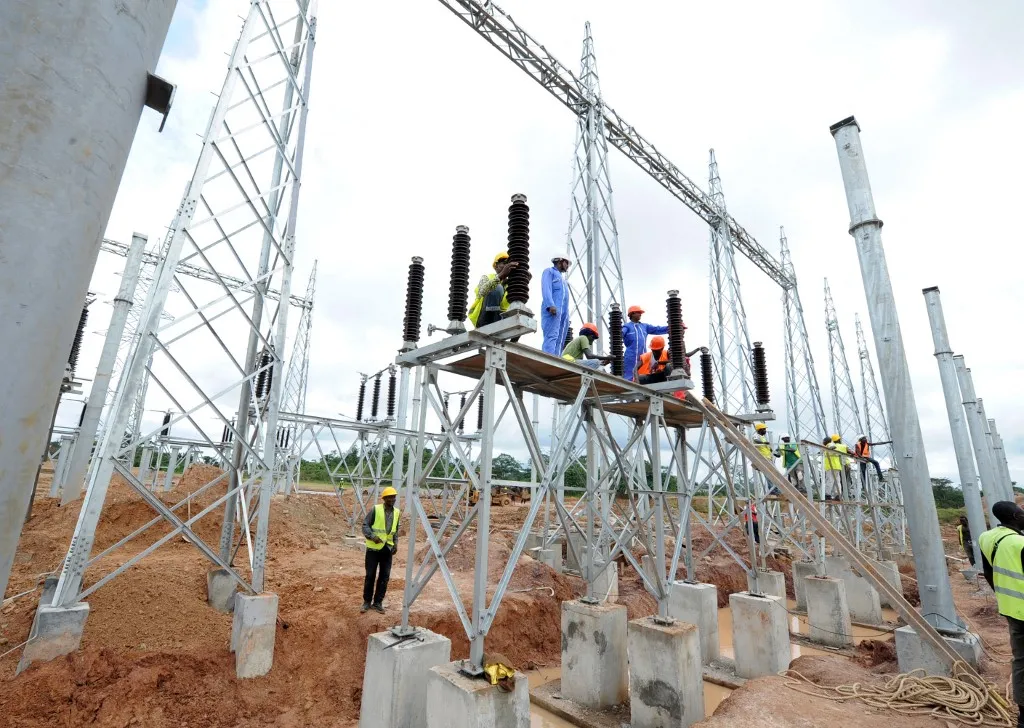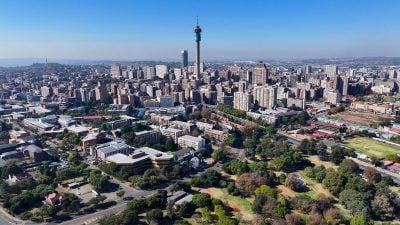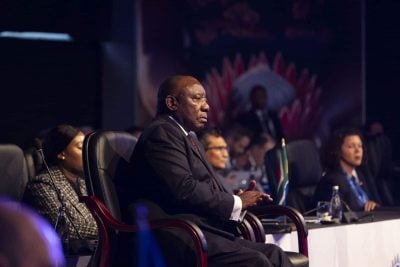This article is part of a series produced in collaboration with the African Development Bank in light of its sixtieth anniversary. Please visit our dedicated portal to read about the Bank's history and its activities on the continent.
The African Development Bank has played a crucial role in supporting Burundi’s development since the country joined the institution in 1968. With 173 projects financed totaling approximately $1.52bn, the Bank has focused its efforts on vital sectors such as energy, transport infrastructure, and agriculture.
The Bank’s current initiatives are strategically aligned with Burundi’s National Development Plan (2018-2027) and Vision 2040-2060 and its Country Strategy Paper for 2024-2029 underscores its commitment to strengthening resilience, promoting inclusive growth, and enhancing public sector efficiency.
Infrastructure is at the heart of the AfDB’s interventions in Burundi, representing 83% of its current portfolio. Of this, transport projects account for 51%, facilitating regional connectivity with neighbouring countries such as Rwanda, Tanzania, and the Democratic Republic of Congo. Energy projects constitute 32% of the infrastructure focus, addressing Burundi’s significant electricity deficit, where only around 10% of the population has access to reliable power. The AfDB’s energy investments are pivotal in supporting Burundi’s ambition for universal electricity access by 2040. According to Pascal Yembiline, head of AfDB’s country office in Burundi, “the successes achieved, particularly in infrastructure and access to energy, testify to our commitment to Burundi.”
Agriculture the priority to address food security concerns
Agriculture is another critical sector for Burundi, representing 10% of the AfDB’s portfolio in the country. The Bank’s initiatives in this sector focus on enhancing agricultural productivity, modernising practices, and supporting agri-business value chains. This approach not only aligns with Burundi’s vision for modernising agriculture but also addresses food security concerns, particularly as the sector employs over 80% of the population. Damas Bakuranimana, Permanent Secretary at Burundi’s Ministry of Finance, commended the AfDB’s ongoing support. “We hope that this cooperation will continue and will help to accomplish our vision for Burundi as an emerging country by 2040 and a developed country by 2060,” he said at the launch of the Country Strategy Paper.
The launch of the strategy paper Bank’s 2024-2029 Country Strategy Paper for Burundi, coincided with the country’s commemoration of African Development Bank’s 60th anniversary. The two-day celebration featured a conference on the role of international financial institutions in Africa’s development, especially Burundi, and an open-day event for civil society organisations, where speakers commended the bank for its interventions across the continent. The Bank’s 2024-2029 Country Strategy Paper for Burundi supports the country’s goals for an inclusive, sustainable future in line with its 2018-2027 National Development Plan.
The Bank’s investments in governance, youth, gender and climate
The African Development Bank also plays a vital role in strengthening Burundi’s governance framework. A notable initiative includes the digitalization of the Burundi Revenue Office, which has significantly boosted tax revenue from 13.7% of GDP in 2019 to 16.07% in 2023, contributing $143m to the national budget. This increase has improved public finance management and generated critical resources for development. Additionally, further economic governance initiatives focus on regulatory reforms aimed at enhancing overall economic stability and growth.
The Bank also emphasises gender equality, youth employment, and climate resilience across its programs. Investments in the social sector constitute 6% of the portfolio and aim to improve education and health, while support for youth employment training initiatives is designed to create equitable economic opportunities. Financial sector support, which accounts for 1% of the portfolio, focuses on improving accessibility to financial services, contributing to the overall socio-economic inclusion of marginalised communities.
As of March 31, 2024, the AfDB’s active portfolio in Burundi included 17 public sector projects and one financial sector operation, amounting to approximately UA343.4m. For the period 2024-2026, the Bank plans to mobilize additional resources, including an indicative operational program of UA126m for sovereign projects. The Bank is also exploring co-financing opportunities, such as a planned UA 40 million collaboration with the International Fund for Agricultural Development (IFAD).

 Sign in with Google
Sign in with Google 



